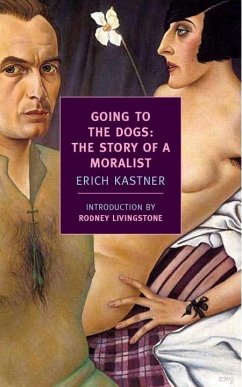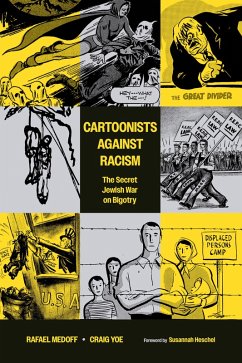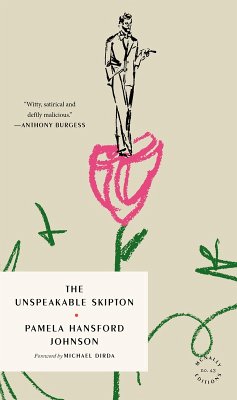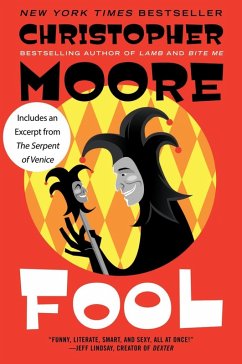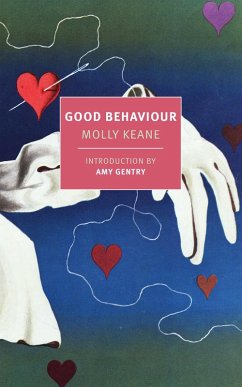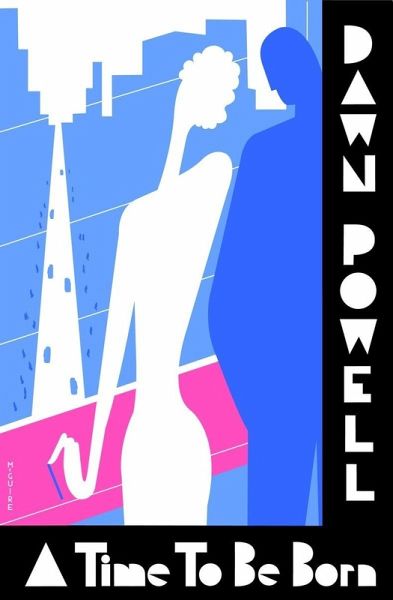
A Time to Be Born (eBook, ePUB)
Versandkostenfrei!
Sofort per Download lieferbar
12,95 €
inkl. MwSt.
Weitere Ausgaben:

PAYBACK Punkte
6 °P sammeln!
This scathing "comedy of manners" set in the 1940s "steers us through the lives of women who come to New York . . . for love, money, opportunity, and a good time" (New York Times). At the center of this 1942 novel are a wealthy, self-involved newspaper publisher and his scheming, novelist wife, Amanda Keeler-who ensnares Ohioan Vicky Haven in her social and romantic manipulations. Author Dawn Powell always denied Amanda Keeler was based upon the real-life Clare Boothe Luce until years later when she discovered a memo she'd written to herself in 1939 that said, "Why not do a novel on Clare Luce...
This scathing "comedy of manners" set in the 1940s "steers us through the lives of women who come to New York . . . for love, money, opportunity, and a good time" (New York Times). At the center of this 1942 novel are a wealthy, self-involved newspaper publisher and his scheming, novelist wife, Amanda Keeler-who ensnares Ohioan Vicky Haven in her social and romantic manipulations. Author Dawn Powell always denied Amanda Keeler was based upon the real-life Clare Boothe Luce until years later when she discovered a memo she'd written to herself in 1939 that said, "Why not do a novel on Clare Luce?" Which prompted Powell to write in her diary, "Who can I believe? Me or myself?" Set against an atmospheric backdrop of New York City in the months just before America' s entry into World War II, A Time of Be Born is a scathing and hilarious study of cynical New Yorkers stalking each other for various selfish ends.
Dieser Download kann aus rechtlichen Gründen nur mit Rechnungsadresse in A, B, BG, CY, CZ, D, DK, EW, E, FIN, F, GR, HR, H, IRL, I, LT, L, LR, M, NL, PL, P, R, S, SLO, SK ausgeliefert werden.




